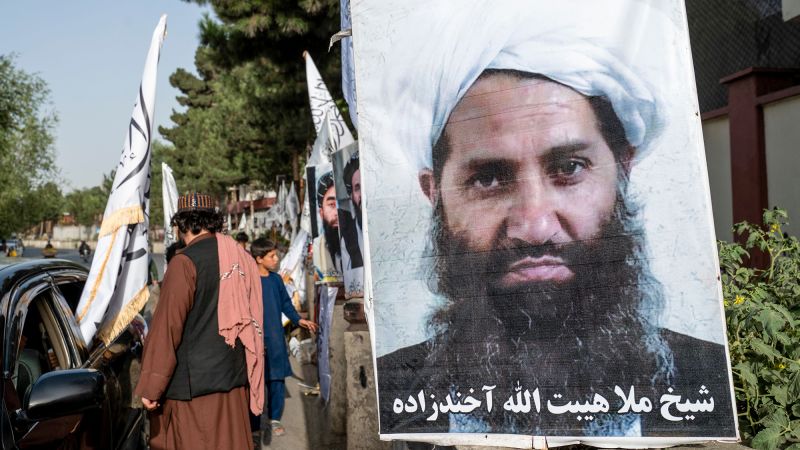
The International Criminal Court (ICC) has issued arrest warrants for two prominent Taliban leaders, accusing them of orchestrating a campaign of persecution against women and girls in Afghanistan. Announced on Tuesday, the warrants target Haibatullah Akhundzada, the Taliban’s supreme leader, and Abdul Hakim Haqqani, the chief justice, for their alleged roles in crimes against humanity related to gender-based persecution.
According to the ICC, Akhundzada and Haqqani are suspected of “ordering, inducing or soliciting the crime against humanity of persecution” against girls, women, and individuals who do not conform to the Taliban’s strict gender policies. Since the Taliban’s takeover of Afghanistan in August 2021, the regime has enacted a series of oppressive measures aimed specifically at women and girls, including severe restrictions on education and public appearance.
The Taliban’s Gender Policies Under Scrutiny
The ICC’s statement highlights the Taliban’s systematic deprivation of fundamental rights from women and girls. “While the Taliban have imposed certain rules and prohibitions on the population as a whole, they have specifically targeted girls and women by reason of their gender,” the court noted. These actions have included barring girls from attending school beyond the sixth grade and enforcing strict dress codes that require women to cover their bodies and faces in public.
Moreover, women have been prohibited from engaging in public life, with restrictions extending to their freedom of movement, expression, and even thought. The ICC’s statement further asserts that the Taliban’s decrees have severely impacted the rights to education, privacy, family life, and religious freedom.
Broader Implications and Global Reactions
The ICC’s decision to issue arrest warrants is a significant step in the international community’s ongoing efforts to hold the Taliban accountable for human rights violations. Experts argue that this move could have far-reaching implications for the Taliban’s international standing and may influence future diplomatic engagements.
Human rights organizations have welcomed the ICC’s actions, viewing them as a necessary measure to address the Taliban’s gender-based oppression. “This is a critical moment for women’s rights in Afghanistan,” said a spokesperson for Human Rights Watch. “The international community must continue to pressure the Taliban to respect the fundamental rights of all individuals, regardless of gender.”
“The Taliban severely deprived, through decrees and edicts, girls and women of the rights to education, privacy and family life and the freedoms of movement, expression, thought, conscience and religion.” — ICC Statement
Historical Context and Future Outlook
The Taliban’s history of gender-based oppression is not new. During their previous rule from 1996 to 2001, the group implemented similar policies that severely restricted women’s rights. The current regime’s actions echo these past practices, drawing widespread condemnation from global leaders and human rights advocates alike.
The ICC’s arrest warrants mark a pivotal moment in the international legal landscape, as they represent one of the few instances where global judicial mechanisms have been employed to address gender-based crimes on such a scale. This development follows increased calls for accountability and justice for victims of the Taliban’s oppressive regime.
Moving forward, the ICC’s actions may pave the way for further investigations into human rights abuses in Afghanistan. However, the practical enforcement of these warrants remains uncertain, given the Taliban’s control over the country and their rejection of international legal norms.
As the situation develops, the international community will be closely monitoring the Taliban’s response and the potential impact on Afghanistan’s social and political landscape. The ICC’s intervention underscores the critical importance of upholding human rights and the rule of law, even in the most challenging circumstances.






